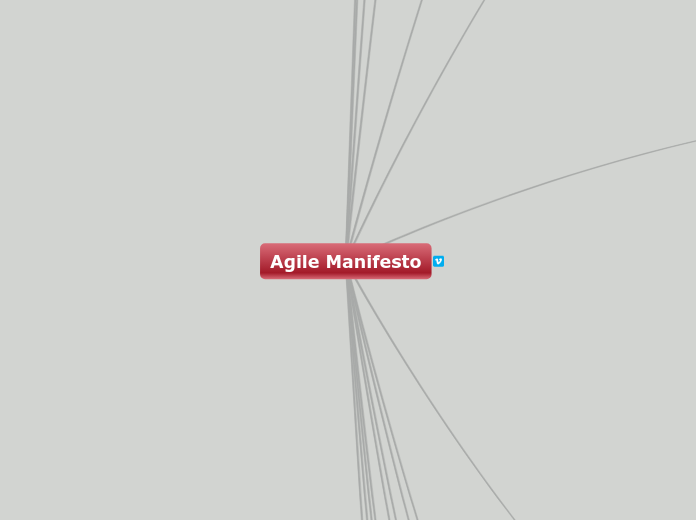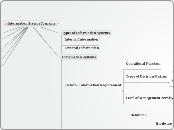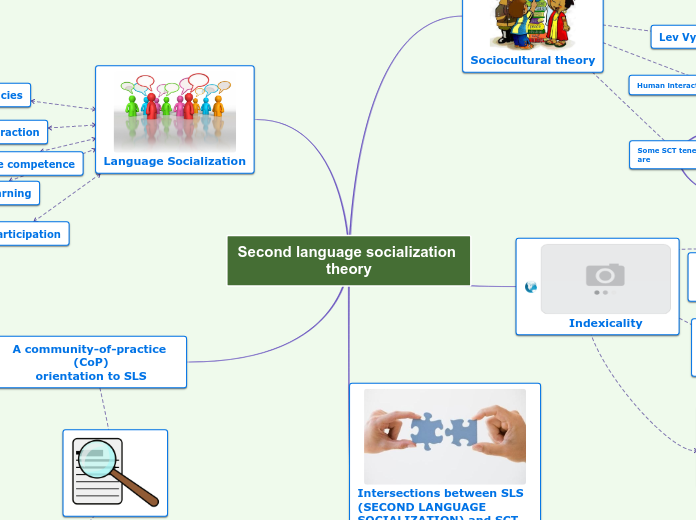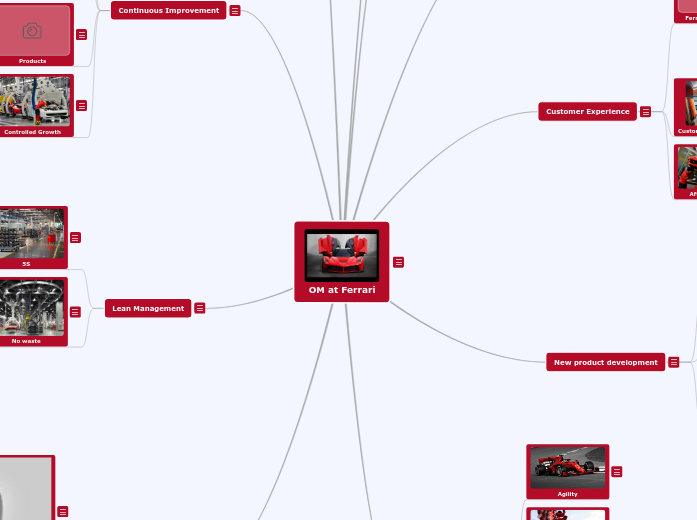Agile Manifesto
Principle 12
Reflect and adjust at regular intervals
At regular intervals, the team reflects on how to become more effective, then tunes and adjusts its behaviour accordingly
then tunes and adjusts its behaviour accordingly
empowers team
in Scrum implemented as retro resolutions
the "adapt" part of inspect-adapt
the team reflects on how to become more effective
the team, not the manager
continuous improvement
retrospectives
the "inspect" part of inspect-adapt
requires transparency, which requires safety
At regular intervals
product management is a continous effort
focus on team getting skills, not on a short-term project
iterative everything
plan to ride a bike around the building
iterative, continuous post mortems/lessons learned
Principle 11
The best architectures, requirements, and designs emerge from self-organizing teams
from self-organizing teams
not order-takers
escape room
must collaborate to make sense of multiple clues
similarity to emergencies when the whole team works together
quote from Gen. Patton
“Never tell people how to do things. Tell them what to do and they will surprise you with their ingenuity.”
have all the skills to deliver the complete solution
motivated
self-directing
autonomous
trust
flat
emerge
shared purpose
for a solution to emerge, there needs to be alignment
each User Story tacitly points towards the goal
shared ownership
shared responsibility
your opinion matters
evolutionary
experimentation
incremental
The best architectures, requirements, and designs
involved in every aspect (phase) from the beginning
solutions
ideas
Principle 10
Simplicity--the art of maximizing the amount of work not done--is essential
maximize the stakeholders' return on investment
focus on goals
is essential
essence of what creates value
the art of maximizing the amount of work not done
output vs outcome
pathological
looking busy
gold plating
finish sooner and get the feedback faster
then iterate
what is unnecessary?
Simplicity
clarity
understood by all
easily communicated
no obfuscation
Principle 9
Continuous attention to technical excellence and good design enhances agility
quality & speed
high quality allows to go faster
enhance agility
necessary to react to change
good design
product management
technical excellence
technology is changing
sharpen the saw
Continuous attention
always learning
safe to be a novice
state of flow
ideal time
Principle 8
Maintain a sustainable pace
Agile processes promote sustainable development. The sponsors, developers, and users should be able to maintain constant pace indefinitely.
indefinitely
game theory
finite vs infinite games
we want to stay in business indefinitely
regardless of a "phase"
ther are no phases
should be able to maintain a constant pace
explore vs exploit
allocate time for
rest
learning
consider accumulation of tech debt
variability
flow
The sponsors, developers, and users
harmony
cross-functional
systemic view
optimizing the whole
Agile processes promote sustainable development
respect for people
understanding needs of stakeholders
social responsibility for teams
overtime
burnout
Principle 7
Working software is the primary measure of progress
is the primary measure of progress
matter
outcome
Done work
don't matter
acting busy
output
number of tickets
hours
effort
Working software
Iteration Review
Acceptance tests
plans and promises don't count
delivered functionality
solved problems
the only thing that really counts is that problems are resolved for customers
Principle 6
Face-to-face conversation is the most efficient and effective method of conveying information
The most efficient and effective way of conveying information to and within a development team is face-to-face conversation
is face-to-face conversation
whiteboard
full bandwidth
93% non-verbal
details about future direction
to and within a development team
frequent and efficient validation
effective communication with stakeholders
understanding and alignment with business
The most efficient and effective method of conveying information
ownership and responsibility to communicate well
active role in creating and directing information
bring authority of decision-making to information
Principle 5
Trust motivated individuals to do their jobs
Build projects around motivated individuals. Give them the environment and support they need, and trust them to get the job done.
intrinsic motivation factors
Purpose
Mastery
Autonomy
Plot Productivity by Fear/Indifference - Love/Concern
x/y axes
inverse
productivity
mutual vs individual responsibility
love
concern
"too soft"
ignore bad behaviour
allow people to get away with stuff
neglect is not love
commitment low/high not related to love
low commitment leads to permissiveness
logical flaw
agape ~ charity
y
commitment
mutual responsibility (hi love)
compliance (hi fear)
x
fear & indifference vs love & safety
Marc Bless
Drive-driven personality
Scott Ambler (DA)
trust them to get the job done
focus on why and what, the team will focus on how
aligned on the objectives
and support they need
equipment
training
cross-functional teams
The environment
recognize need for flow
flow of work
psychological
healthy vs unhealthy climate
behaviour is a function of the system, not individuals
e.g. Stanford prison experiment
Give them
supporting structure vs reporting structure
respect for the people
Build projects around motivated individuals
help people grow
intrinsic motivation is stronger
find passionate people who love their jobs
Principle 4
Business people and developers must work together
Business people and developers must work together daily throughout the duration of the project
duration of the projects
daily
good communication allows to manage threats and opportunities
work together
break silos
avoid feature factory
savoir la direction a prendre
developers
everyone involved in development of the product
business people
BA and PO
translate from/to the business language
students
clients
stakeholders
Principle 3
Deliver working software frequently
Deliver working software frequently, from a couple of weeks to a couple of months, with a preference for shorter scale
OODA loop
observe orient decide act
couple of weeks
easy to experiment
easy to adjust
frequently
feedback
working software
tangible
quality
mettre en production ce que l'on fait
plus besoin de travailler
on ne le saura pas jusqu'au c'est deploye
Deliver
have something finished
Principle 2
Welcome changing requirements
Welcome changing requirements, even late in development. Agile processes harness change for the customer's competitive advantage.
discussion
LRM
welcoming change requires modern dev techniques
e.g.
agility
automated testing
get feedback form customers
development processes must be flexible to change direction
Sprint Reviews with guests allow to pivot
Principle 1
Deliver early and often to satisfy the customer
Our highest priority is to satisfy the customer through early and continuous delivery of valuable software
dissect
valuable software
prioritize
continuous delivery
maintain relationship
early delivery
rapid feedback
customer
personas
user of product
PO
satisfy
DoD
highest priority
Our
agile team
comments
Agile Manifesto Value 4
Responding to change over following a plan
OODA Loop
Act
Decide
Orient
Observe
The VUCA World
Ambiguous
Complex
Uncertain
Volatile
travailler sur des taches qui ne sont plus important
reactif rapidement selon les besoins du client qui changent tout le temps
Agile Manifesto Value 3
Customer collaboration over contract negotiation
not a zero sum game
involve customer in the process
visuals can help understand requirements better
mockups that we can show and give feedback
e.g. provide a prototype to discover requirements
involve customer more during the process
it's good to discuss reqirements
find better ways
contracts do not replace communication
enable collaboration
what if you discover a better way
list of requirements over discussion with stakeholders to understand requirements
Agile Manifesto Value 2
Working software over comprehensive documentation
understanding the why helps to create the right product
we have to have balance
good documentation can help to avoid re-learning
focus on value
customers pay for working products, not for documentation
the right amount of documentation where needed, when needed
context
people thought that analysis must be done 100% before work begins
documentation was too complicated before starting to code
Agile Manifesto Value 1
Individuals and interactions over processes and tools
team creates and adjusts the process to help it to work better
both go hand in-hand
teams vs group
tooling is secondary
what is important is that people can work together well
reality changed: bring your whole self to work
ideas between individuals will help create better solutions for clients









